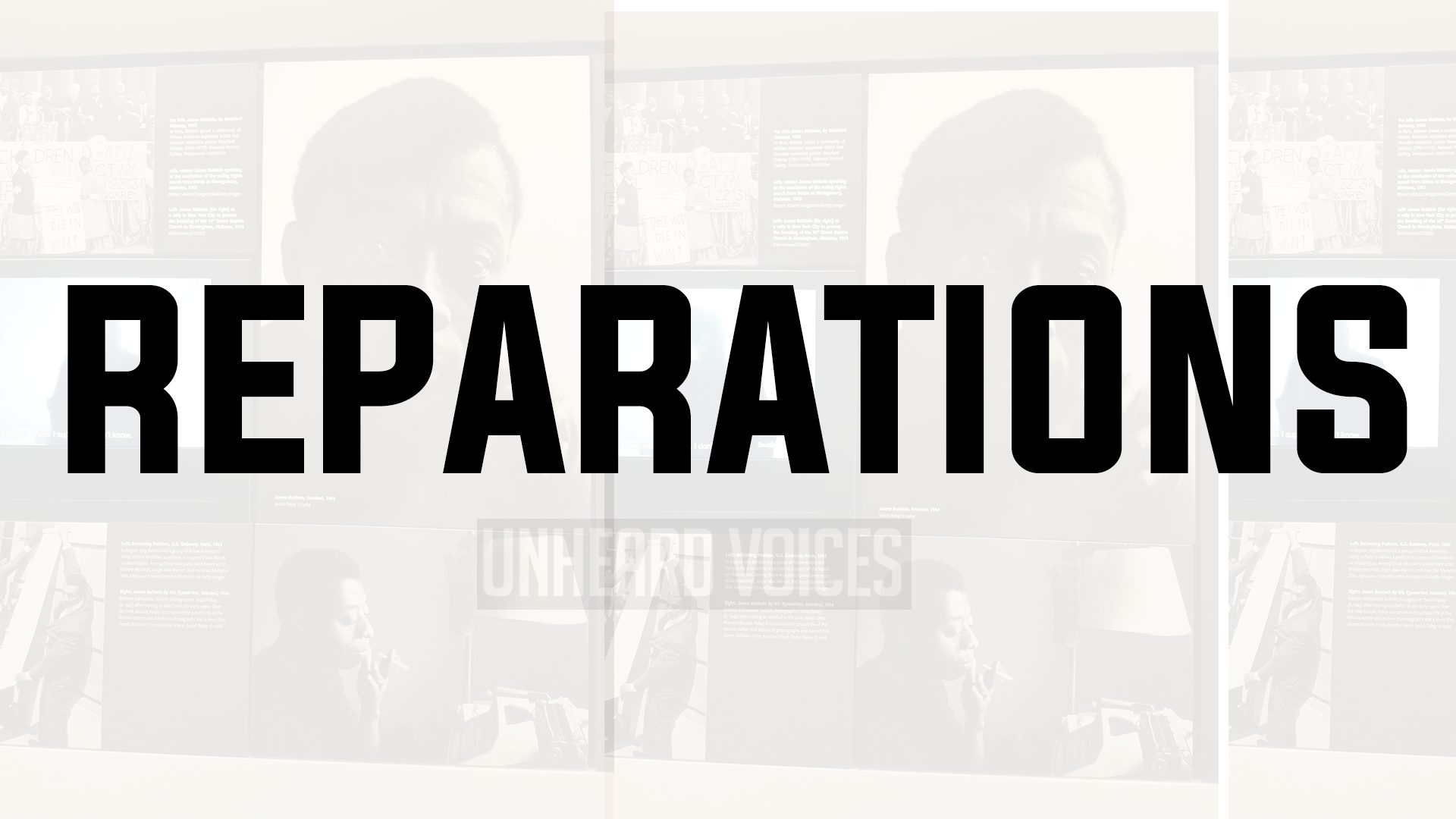Social Justice
Evanston, Illinois to reportedly distribute reparations to Black residents this year
Evanston, Il will be the first city in the US to distribute reparations to repay Black residents for accumulated losses incurred by racism.

Evanston, Illinois will be the first city in the United States to distribute reparations in an attempt to repay Black residents for the wrongs and accumulated losses incurred by generations of racism.
According to NBC News, Evanston, IL passed the monumental legislation in 2019. The $10 million plan includes incremental payments worth up to $25,000 specifically allocated for housing purposes.
The discussion on reparations has been ongoing — and controversial — in the U.S. since the abolishment of slavery in 1865. Originally, reparations were proposed to make amends for slavery, which built the nation’s wealth — but excluded Black Americans from it.
Black residents and their kin that lived in Evanston during redlining will be the only applicants qualified for the funds. The city is using a 3% tax on legal marijuana sales to finance the reparations.
The driving force for the city’s reparations resolution was spearheaded by 5th Ward’s Alderman Robin Rue Simmons and her experience growing up Black in Evanston.
“Early in my childhood I was invited to have a play date,” she recalled. “My white friends never had a play date at my home.”
Visiting a white friend’s neighborhood, she noticed, “the streets were wider. The trees were taller. The homes were bigger and brighter. As a young child, I recognized that difference.”
“I never felt, in any way, envious,” she said. “I never had that feeling like, ‘Why isn’t my family doing better?’ It was obvious that it was the barrier of race that kept us from that.”
The effects of redlining in the Evanston community during the 1940s continued for decades, as Black families were consistently denied loans for housing by banks, the article states. The discriminatory practice pinned the city’s Black population — away from white families — into the 5th Ward.
The city also demolished some homes belonging to Black families that were outside of the 5th Ward — or physically took them from their foundations and moved them into the redlined boundaries.
“The historic redlining impacts our community today,” Rue Simmons said. “That map still is the map of our concentrated Black community, our disinvestment, our inferior infrastructure.”
Recent data shows economic disparities still continues today in Evanston. White people in Evanston make nearly double the income and have double the home value of their Black neighbors according to the most recent U.S. Census. The racial wealth gap is prevalent nationally, with Black Americans holding less than 15% of the wealth than their White counterparts, according to the Federal Reserve 2019 Survey of Consumer Finances.
As the city prepares to begin distributing payments this spring, Rue Simmons believes, $25,000 is life-saving for some families right now and will be helpful. “But relative to the injury, it’s not nearly enough,” she said.
Discover more from Unheard Voices Magazine
Subscribe to get the latest posts sent to your email.
-

 Black And Missing1 week ago
Black And Missing1 week agoMorehouse College student Kyle Coleman found dead after Virginia crash
-

 Culture4 days ago
Culture4 days agoBrooklyn community rallies behind beloved shoe shiner Byron Neal known as “The Light on the Corner”
-

 Black And Missing6 days ago
Black And Missing6 days agoSearch continues for missing 10-year-old Arkansas girl swept away in Florida waters
-

 Beauty & Fashion7 days ago
Beauty & Fashion7 days agoYoung mother dies after cosmetic surgery complications
-

 Culture2 weeks ago
Culture2 weeks agoExclusive : South Carolina sneak preview of ‘40 ACRES’ at Saloma Acres in Blythewood
-

 Social Justice17 hours ago
Social Justice17 hours agoFamily of Jabari Peoples Demands Answers After Fatal Police Shooting in Alabama
-

 Crime & Justice2 weeks ago
Crime & Justice2 weeks agoOne dead after shooting during concert on Long Branch, New Jersey beach
-

 Crime & Justice1 week ago
Crime & Justice1 week agoOutrage grows over brutal attack on teen at California concert
























